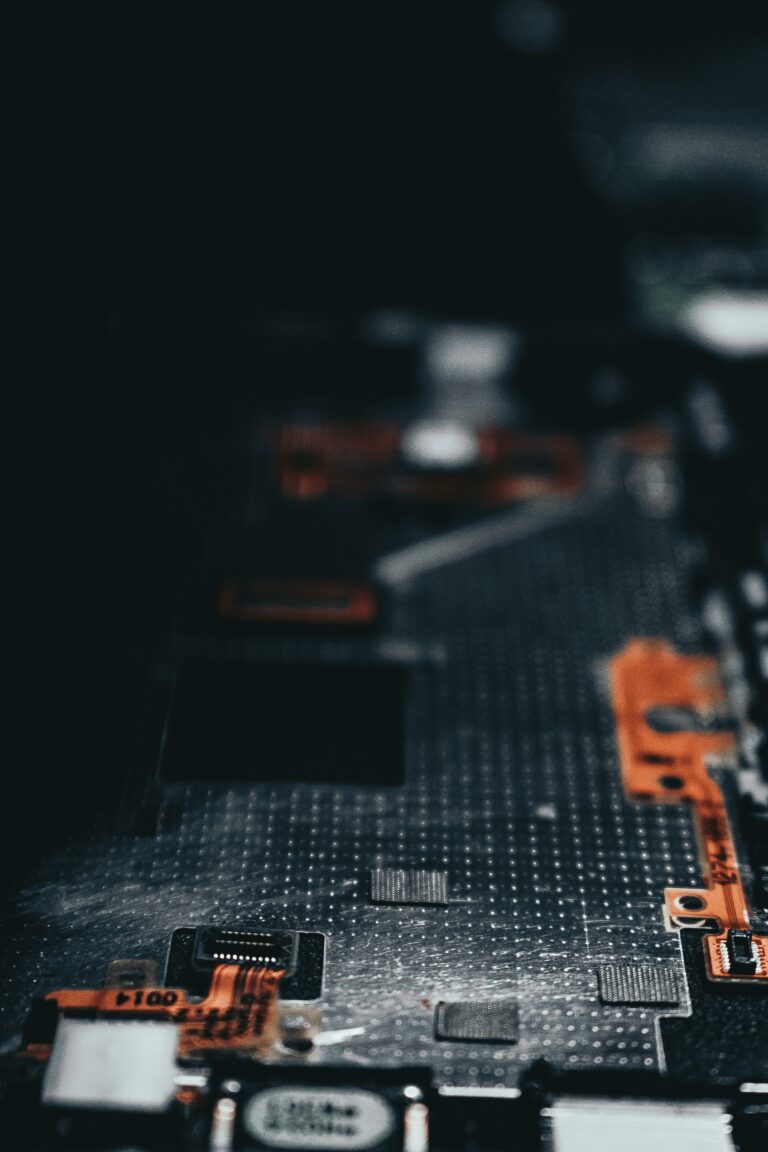The Role of AI in Drug Repurposing
Drug repurposing, also known as drug repositioning or reprofiling, is the strategy of finding new uses for existing drugs outside of their original indication. This approach offers potential benefits such as reduced development costs and shorter timelines to bring a drug to market. By leveraging the existing safety and pharmacokinetic profiles of known drugs, researchers can explore novel therapeutic applications and potentially accelerate the delivery of treatments to patients in need.
With the rise of computational and experimental methodologies, drug repurposing has gained traction in the pharmaceutical industry as a promising avenue for innovation. By tapping into large datasets and advanced analytics, scientists can identify potential drug candidates for repurposing with greater efficiency and precision. The expanding knowledge base of drug-target interactions and disease mechanisms further enhances the opportunities for uncovering new therapeutic possibilities through drug repositioning strategies.
Understanding Artificial Intelligence in Healthcare
Artificial intelligence (AI) has revolutionized the healthcare industry, offering innovative solutions to complex challenges. Through AI algorithms, healthcare professionals can analyze vast amounts of data to detect patterns, predict outcomes, and personalize treatment plans for patients. By leveraging machine learning, AI can enhance diagnostic accuracy and streamline administrative processes, leading to improved patient care and operational efficiency.
Moreover, AI-powered technologies such as natural language processing and computer vision are transforming the way medical professionals interact with data. These tools enable faster image interpretation, speech recognition, and data mining, allowing healthcare providers to make more informed decisions in real-time. As AI continues to advance, its integration into healthcare systems holds the potential to enhance clinical outcomes and drive the industry towards a more patient-centric approach.
Challenges in Drug Repurposing
Drug repurposing presents several challenges in the healthcare industry. One major obstacle is the lack of comprehensive databases containing information on all potential drugs and their possible new uses. Without access to this crucial data, researchers face difficulties in identifying suitable candidates for repurposing.
Another challenge in drug repurposing is the lengthy and costly process of conducting clinical trials to validate the safety and efficacy of repurposed drugs for new indications. The regulatory requirements for approving a drug for a different use can be rigorous and time-consuming, leading to delays in bringing repurposed drugs to market. These challenges underscore the need for collaborative efforts among researchers, pharmaceutical companies, and regulatory agencies to streamline the drug repurposing process and maximize its potential benefits for patients.
What is drug repurposing?
Drug repurposing, also known as drug repositioning, is the process of identifying new therapeutic uses for existing drugs that are already approved for other indications.
How does drug repurposing benefit the pharmaceutical industry?
Drug repurposing can greatly reduce the time and cost associated with developing new drugs, as existing drugs have already undergone safety testing and have established pharmacokinetic profiles.
How does artificial intelligence play a role in drug repurposing?
Artificial intelligence can analyze large datasets and identify potential drug candidates for repurposing based on their molecular structures and biological activities, helping researchers discover new uses for existing drugs.
What are some challenges in drug repurposing?
Some challenges in drug repurposing include identifying suitable drug candidates, obtaining regulatory approval for new indications, and ensuring that repurposed drugs are safe and effective for their new uses.







